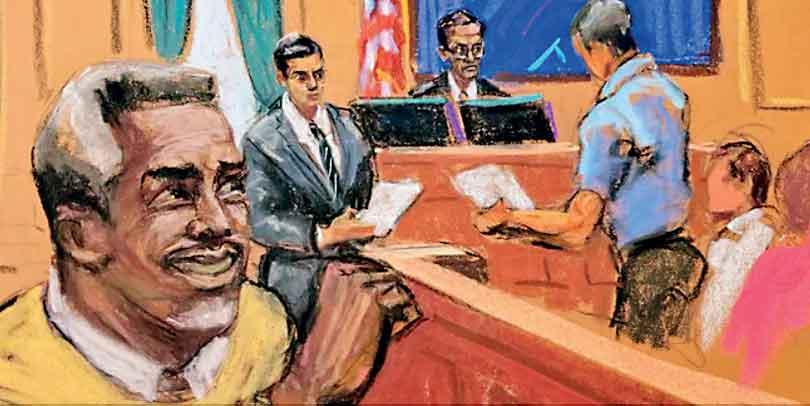
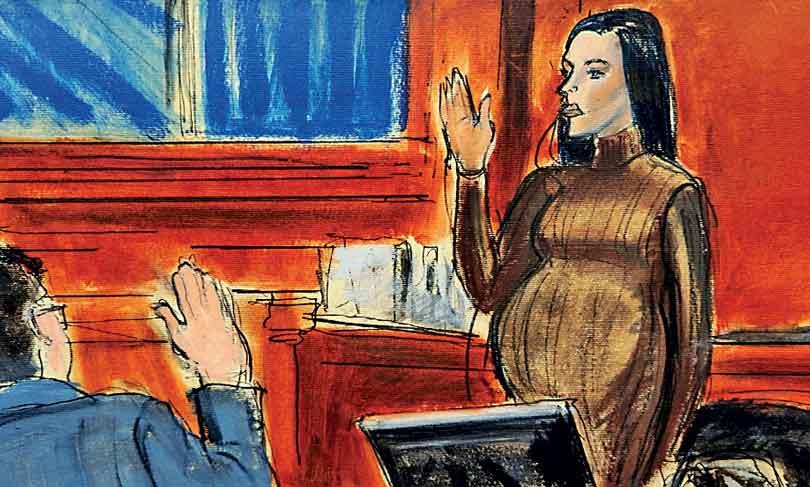
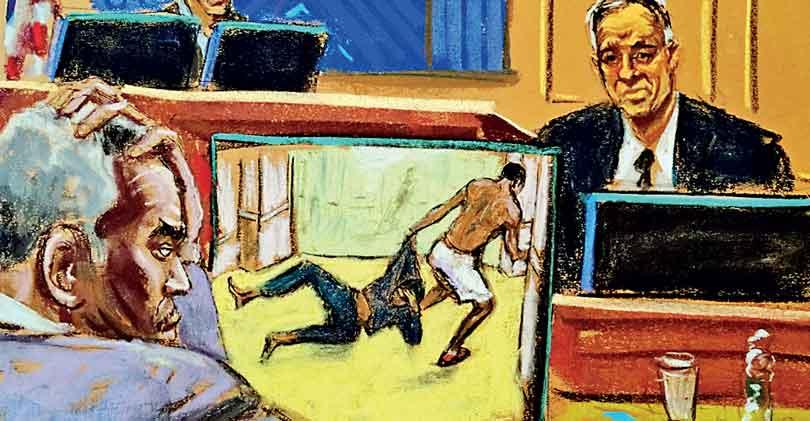
Yet, despite this compelling evidence, the jury acquitted Combs of racketeering and sex trafficking charges. Legal experts note that these charges require proof beyond a reasonable doubt that Combs knowingly led a criminal enterprise or coerced victims into trafficking
In a Manhattan courtroom, Sean “Diddy” Combs stood with hands clasped in prayer, mouthing “thank you” as the jury acquitted him of the most severe charges, racketeering conspiracy and sex trafficking charges that could have sentenced him to life in prison. Instead, he was convicted on two lesser counts of transporting individuals for prostitution. This verdict underscores a harsh reality: in America’s criminal justice system, accountability remains elusive, especially for the rich, powerful, and famous.
1
The Evidence Was Clear: The Outcome Was Not
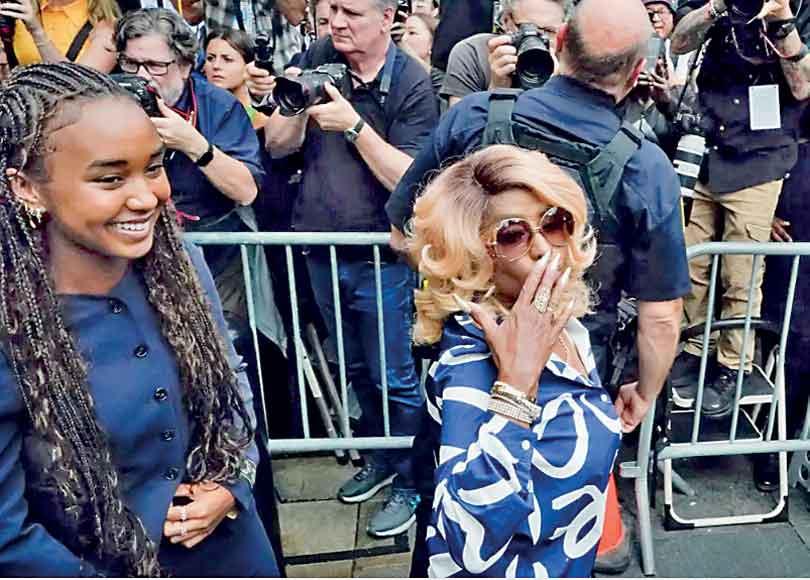
The prosecution’s case centered on a 15-minute, unedited surveillance video from a Los Angeles hotel hallway in 2016. The footage shows Combs dragging Casandra “Cassie” Ventura by her hoodie, kicking her while she lay on the floor, and throwing objects in rage. The video was graphic, disturbing, and undeniable.
This evidence corroborated years of civil claims, rumors, and sworn testimony, including that of an LAPD officer who testified Combs attempted to bribe him to stay silent. The defense claimed the footage was “deceptively edited,” but the full video left little room for doubt.
Yet, despite this compelling evidence, the jury acquitted Combs of racketeering and sex trafficking charges. Legal experts note that these charges require proof beyond a reasonable doubt that Combs knowingly led a criminal enterprise or coerced victims into trafficking. The jury’s hesitation reflects the high burden of proof and the complexities of prosecuting cases involving celebrity defendants and nuanced allegations.
The trial often resembled a media circus more than a solemn search for truth. Judge Arun Subramanian struggled to maintain order amid procedural breaches and emotional outbursts. Defense consultant and celebrity attorney Mark Geragos publicly ridiculed the prosecution, calling them a “six-pack of white women” on a podcast a remark the
2
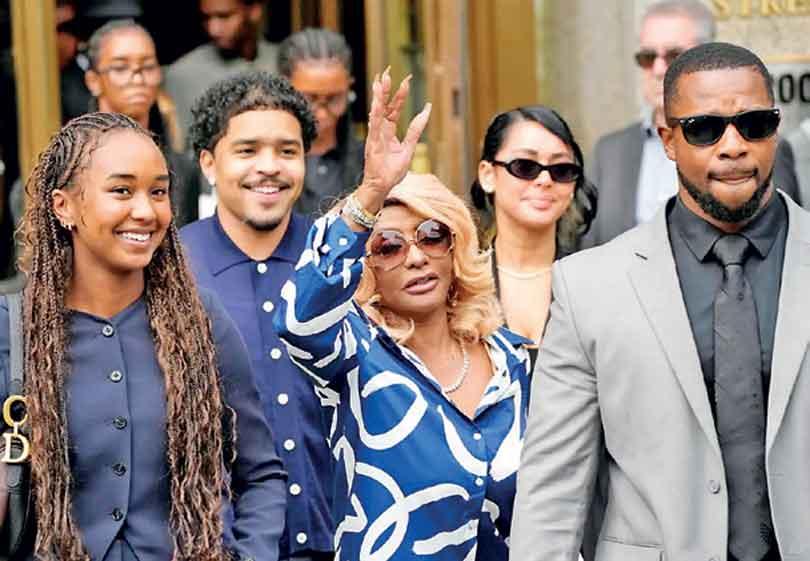
judge condemned as sexist and racist but did not sanction.
Such incidents reveal a troubling reality: in high-profile cases, courtroom decorum can be undermined by power dynamics and strategic posturing, often to the detriment of justice.
The Verdict: A Familiar Story with a New Face
Acquitted: Racketeering conspiracy and sex trafficking charges, which carried potential life sentences.
Convicted: Two counts of transportation to engage in prostitution, each carrying up to 10 years in prison. Federal sentencing guidelines suggest 4–5 years for these offenses.
Time Served: Combs has already served nine months in custody.
Bail Denied: Judge Subramanian cited Combs’ “years-long pattern of violence” and “disregard for the rule of law” in denying bail pending sentencing.
Combs’ legal team hailed the verdict as a victory, while survivors and advocates expressed profound disappointment. The verdict, though mixed, is consistent with a pattern where the most serious allegations against powerful men fail to result in full accountability.
3
Survivors and Advocates: Left in the Shadows Again
Advocacy groups such as UltraViolet and the National Women’s Law Center condemned the verdict as a betrayal, not only to Cassie Ventura but to all survivors hoping for justice.
“This verdict stains a justice system that has long failed to hold men like Diddy accountable,” said one advocate. “It reflects a culture that still chooses disbelief over discomfort.”
The case is emblematic of a system that often weighs celebrity and influence above truth and evidence, leaving survivors marginalized and justice delayed.
Reputation Management Masquerading as Redemption
Combs is no stranger to reinvention, Puff Daddy, P. Diddy, Diddy, each persona a calculated rebranding to escape scrutiny. His courtroom appearance was similarly managed; reports indicate he requested to be drawn more sympathetically by a courtroom artist, underscoring how image control permeates even legal proceedings. Beyond the courtroom, Combs’ business empire has suffered. Numerous brands severed ties amid civil lawsuits and public backlash, signaling that while legal accountability may falter, reputational damage can be lasting.
4
When Power Stands Trial, Justice Often Sits Out
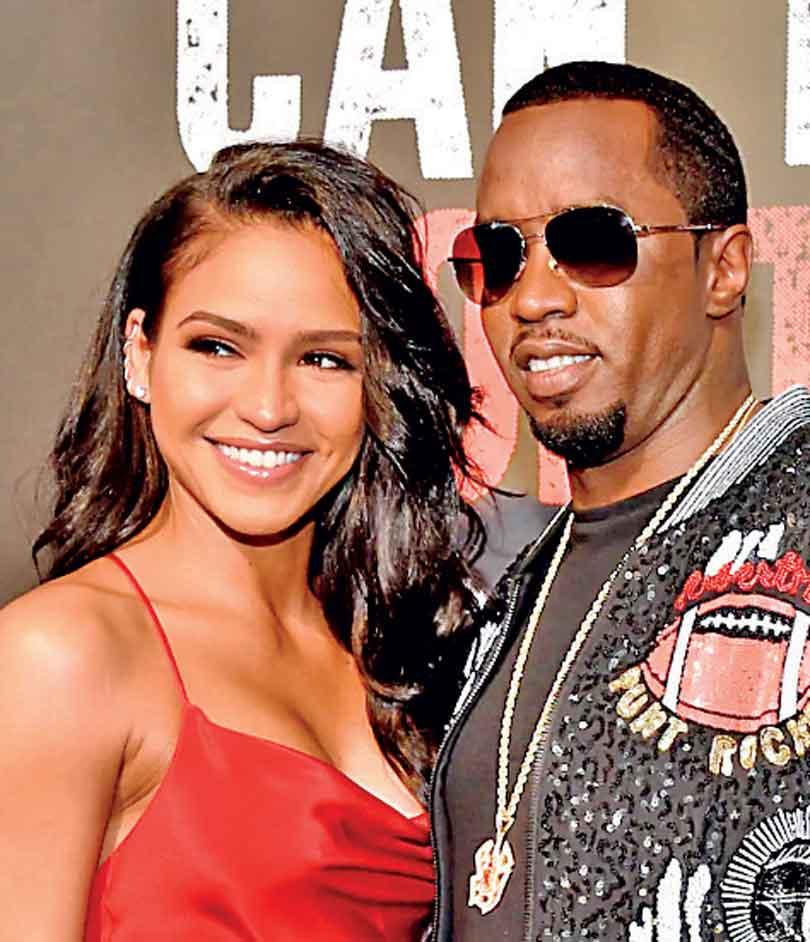
The Diddy trial is not an outlier, it is part of a broader American narrative where the powerful frequently evade full legal consequences. The high burden of proof, combined with celebrity influence and strategic defense, often tips the scales away from survivors.
This case reveals why many survivors remain silent, fearing disbelief and re-traumatization. It also highlights the urgent need for systemic reform to ensure that justice is not a privilege reserved for the few. Sean Combs’ partial acquittal is a stark reminder that in a system designed to protect its own, survivors are left to protect each other.











